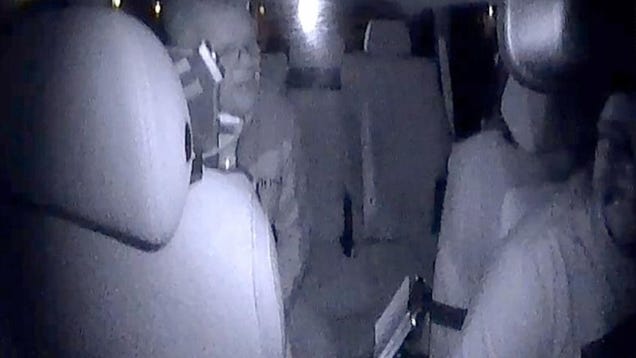According to a preliminary report released Friday from the National Transportation Safety Board, wreckage from the helicopter that crashed on Jan. 26, killing NBA legend Kobe Bryant, his daughter Gianna and seven others including the pilot did not show any evidence of engine failure.
Federal investigators are still trying to unravel the cause of the crash, but have so far concluded that “the engines were working and rotors turning at the time of impact,” writes 6abc.com.
Read more – Date set for Kobe Bryant and Gigi’s public memorial service at Staples Center
The report notes that the damage was consistent with “powered rotation,” according to a preliminary report by the National Transportation Safety Board.
“The entire fuselage/cabin and both engines were subjected to a postcrash fire. The cockpit was highly fragmented. The instrument panel was destroyed and most instruments were displaced from their panel mounts. Flight controls were fragmented and fire damaged,” the report said.
According to NTSB officials, the chopper, which was flying using only visual readings, slammed into a hillside amid extremely foggy conditions after departing John Wayne Airport in Orange County at 9:06 a.m. Jan. 26, according to publicly available flight records.
Read More: Sports Illustrated releases today a special edition 100-page book honoring Kobe Bryant
The helicopter — a Sikorsky S-76 chopper built-in 1991, was not equipped with the recommended terrain alarm system that could have warned the pilot he was approaching a hillside. An eyewitness reportedly saw the helicopter for about 1 to 2 seconds before it hit the hill.
“He said he began to hear the sound of a helicopter, which he described as appropriate for a helicopter flying while in a powered condition. He perceived the sound getting louder and saw a blue and white helicopter emerge from the clouds,” the report said.
“He judged it to be moving fast, traveling on a forward and descending trajectory. It started to roll to the left such that he caught a glimpse of its belly. He observed it for seconds 1 to 2 seconds before it impacted terrain about 50 feet below his position.”
A final report with further details about the crash could take over a year to be released.
The post Report confirms Kobe Bryant’s helicopter engine did not fail appeared first on TheGrio.
from TheGrio https://ift.tt/2vfMvWe





